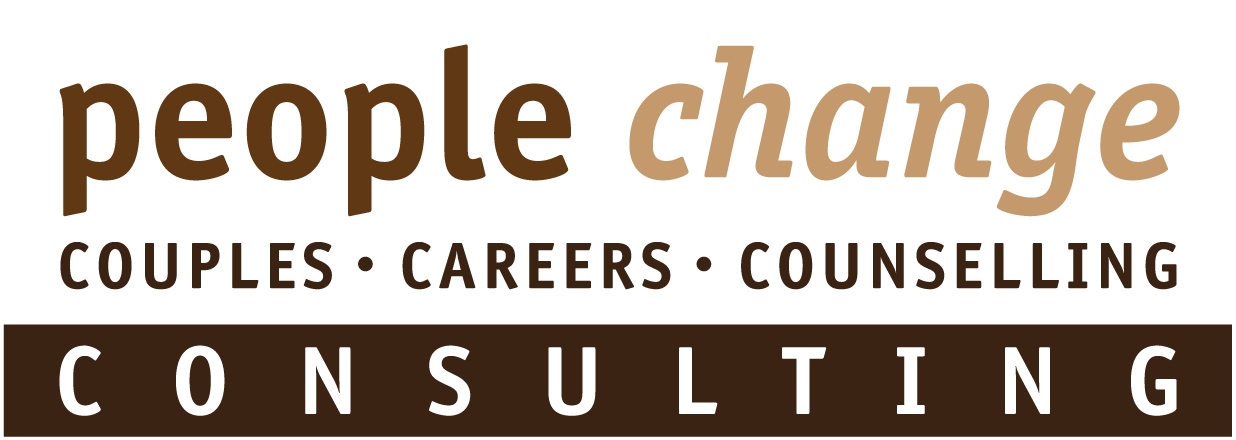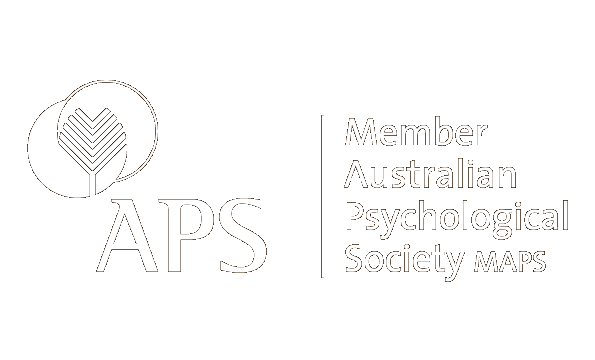Your Needs
We work with couples to understand and manage what is happening in their relationships.
Examples of concerns which couples bring are:
- unresolved conflicts
- corrosive/lingering distrust
- managing differences
- confused expectations
- participation problems
- joint career plans
Complexity in relationships arises as each individual brings:
- their personal history
- their past experiences of relating, and
- their expectations of immediate and long-term outcomes
There is an intensity in relating with a partner as:
- You strive to be present, and share your new thoughts and feelings with another
- You offer your attention to hearing and responding to another
- You endeavor to discover and establish “good will” habits and expectations of the relationship
- Important investments (eg child-raising) and primary feelings are likely to be present in such relationships
When each person brings such qualities to the relationship – it is not surprising that people sometimes get lost, confused, frustrated and angry.
Our service
We provide a safe and respectful environment where people are encouraged to express: their feelings, experiences and interests in the relationship; and learn and practice ways of improving their relationship.
Examples of the gains we work on achieving are:
- emotional expression and sensitivity
- communication routines
- steps in agreements
- staged action plans
Finding your ways of connecting with others, such that:
- your intentions are understood
- equity and participation is increased
- progress is experienced
- the relationship is valued
The major orientation is improving communication between couples (see Gottman), especially through acknowledging and expressing underlying primary emotions (see Greenberg’s Emotion Focused Couples Therapy and/or Johnson’s Emotionally Focused Couples Therapy).
The driving needs for attachment and individual identity, of each partner, can be explored through:
- promoting trust and disclosure
- facilitated discussion of “checklists”
- reviewing “key” moments and
- constructing behavioural trials
The Gottman’s outline of 3 therapeutic stages:
- Conflict Management,
- Re-creating Relationship/Friendship and
- Finding a Shared Vision
This is often a useful framework for mapping progress of a quality relationship.
Developing these features can enrich the quality of life, as an individual and as a couple. This has been observed, demonstrated and evidenced in research and practice in local, national and international research.
Quality Assurance
My attention to couples counselling has emerged over the past 5 years, with experience in providing counselling to individuals and couples in rehabilitation, careers and healthcare settings. My experience, in counselling couples and providing relationship counselling, has prompted an understanding that (career) identity needs, (partner) attachment needs and quality communication are basic issues for many couples.
My studies in the past 4 years, under 3 world authorities on couples counselling (namely Prof. Les Greenberg (Toronto), Dr. Veronica Kallos-Lilly (Vancouver), and Drs John and Julie Gottman (Seattle) provided a substantial basis for revising my couples development and marriage guidance approach.
Appreciating the importance of partner relationships to maintaining health and work performance, I have contributed to APS workshops for psychologists on couples counselling. I have frequently collaborated with senior practitioners and academics in presenting at (national and international) conferences and publishing articles on professional practices.
Selected sample of publications and presentations
- – Alder, J & Phillips, L (2012) Reflective Practice in Counsellor Education, (Symposium) PACFA Conference, Parkville
- – Sturmey, I. & Alder, J (2011) “Maintaining Love: Psychologists and their partners” (Workshop), APS Conference, Canberra
- – Alder, J & Elliot, R (2007) Establishing the APS Coaching Psychology Interest Group in 1998 – 2002, (Paper Presentation) APS 3rd Biennial Symposium on Coaching Psychology, Darling Harbour, Sydney
- – Alder, J (2003) Profile of Professional Practice, Australian Journal of Counselling Psychology, (Spring) 4-5
- – Alder, J, Niblo, D, Pearce, J, & Williams, P. (1999) An evaluation of an heuristic model for teaching conflict management, (Professional Practice Forum), Australian Psychological Society National Conference, Hobart
Selected sample of projects
- – Wells, Y. & Alder, J, (2008) Evaluation of DHS Service Co-ordination Tools, Primary Care Institute, Latrobe University
- – Sharpe, C & Alder, J. (2004) Evaluation of OCPE Domestic Violence Officers Recruitment Program (SA DFC)
- – Cross, D. & Alder, J. (2003) Evaluation of SA Refugee Welfare Services for DIMIA

